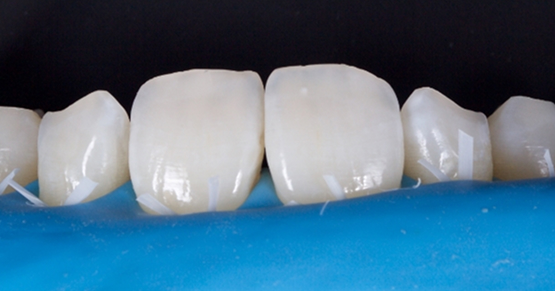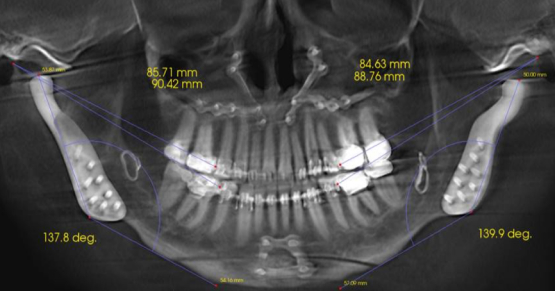The Success of Our Failures
What defines success? Many have tried to answer this question. One of my favorite quotes on success comes from John Wooden, the legendary UCLA basketball coach known as the “Wizard of Westwood:”
“Success is peace of mind, which is a direct result of self-satisfaction in knowing you made the effort to become the best of which you are capable.”
As successful as writers and basketball pundits considered Wooden to be due to his teams’ stretch of seven consecutive national championships and other records, wins and losses didn’t factor into whether Wooden thought his team was successful. What mattered was how his student athletes played, what they learned, and if they gave the effort to become the best they could be.
In dentistry, we experience successes and failures daily. Some of our failures occur clinically, like an open margin, an incorrect shade, a ledged canal or a fractured root tip during an extraction. Others are related to our practice, like patient no-shows, front office disorganization or miscommunication and misunderstandings among our staff.
Dentistry can be humbling. There are some days where it seems like nothing goes right. Sometimes in the pursuit of excellence in dentistry, we take things personally, questioning our abilities and thinking that we failed our patients and our team. Over time, this can wear us down, leading to frustration with the profession and burnout, making dentistry feel more like a grinding job than an enjoyable profession.
Rather than fretting about when things don’t go according to plan, these humbling experiences can be learning opportunities for us to improve our practice management and clinical skills. Instead of seeing this as a failure in our practice, we can review the systems we have in place and our clinical techniques to see what went wrong.
We can figure out why we failed in the first place and learn how to minimize the chance of this happening again. In this way, we are truly bettering ourselves while growing clinically and professionally to help our teams and patients.
Failure is inevitable. Yet, it’s what we do after a failure that determines our path forward. By using a failure to improve and strive toward excellence in dentistry, learning from our failure becomes a true success.
SPEAR STUDY CLUB
Join a Club and Unite with
Like-Minded Peers
In virtual meetings or in-person, Study Club encourages collaboration on exclusive, real-world cases supported by curriculum from the industry leader in dental CE. Find the club closest to you today!

By: Andy Janiga
Date: October 29, 2019
Featured Digest articles
Insights and advice from Spear Faculty and industry experts



